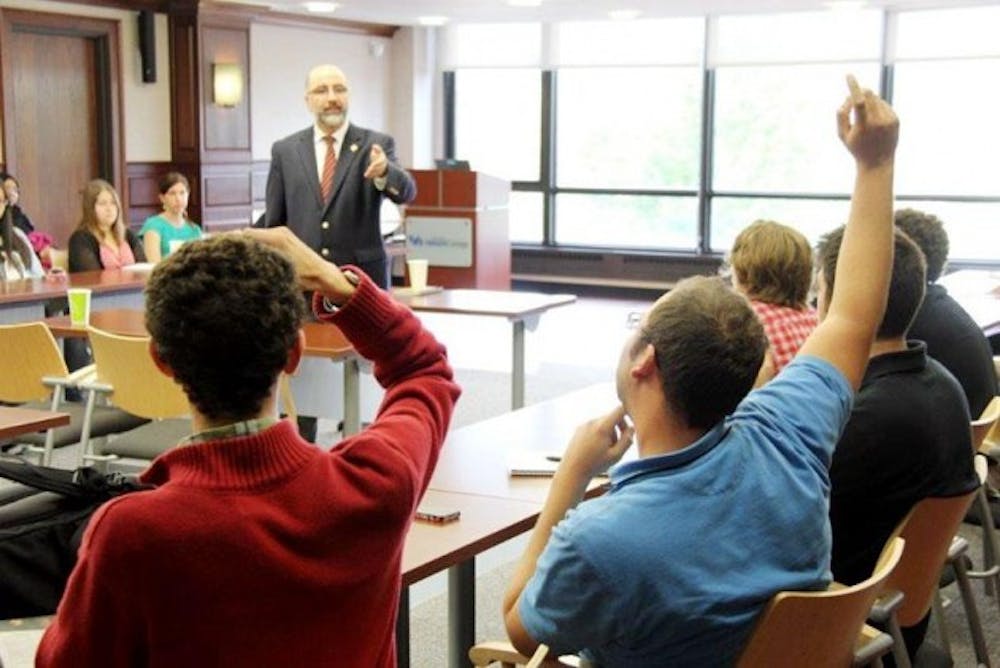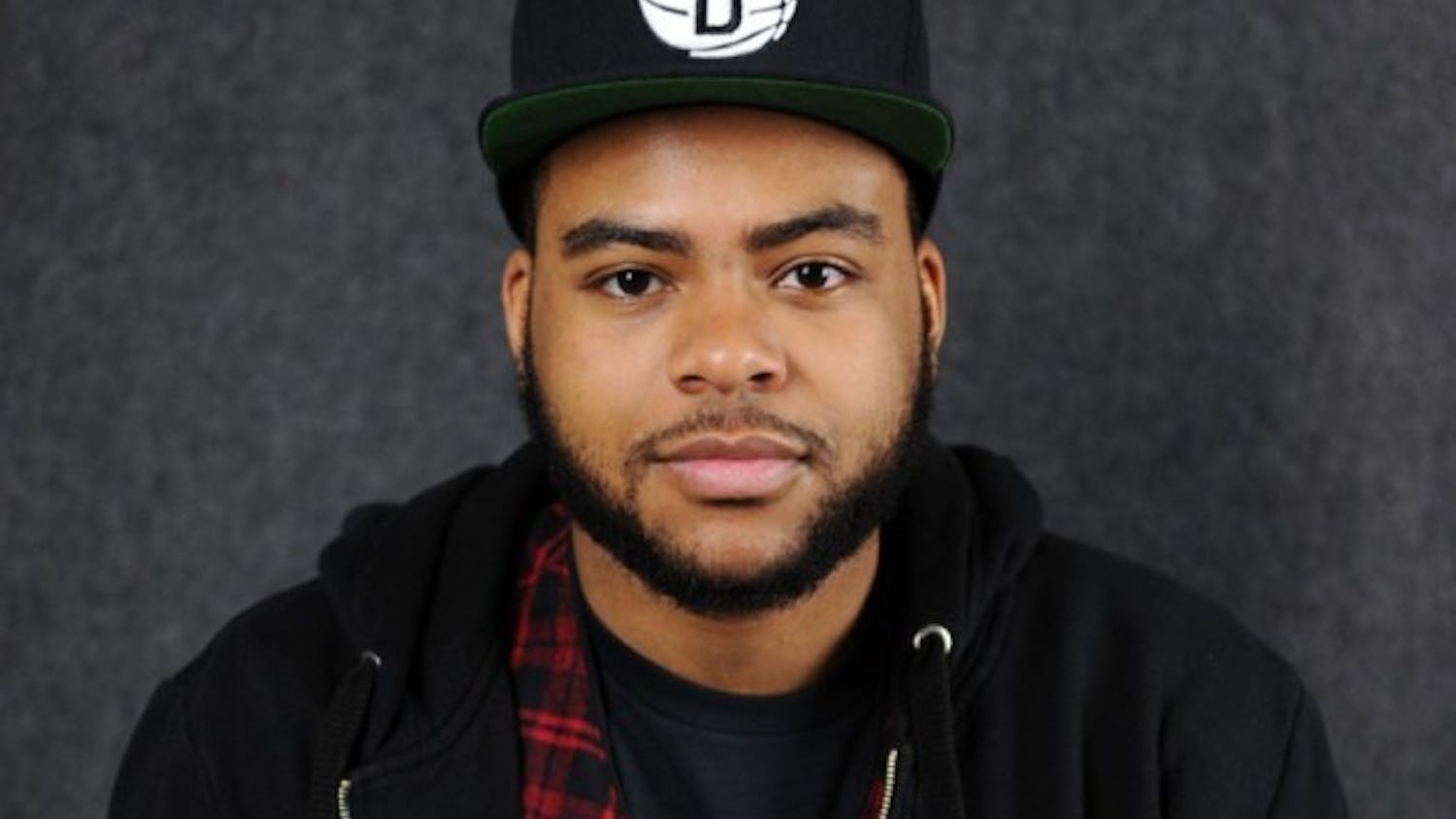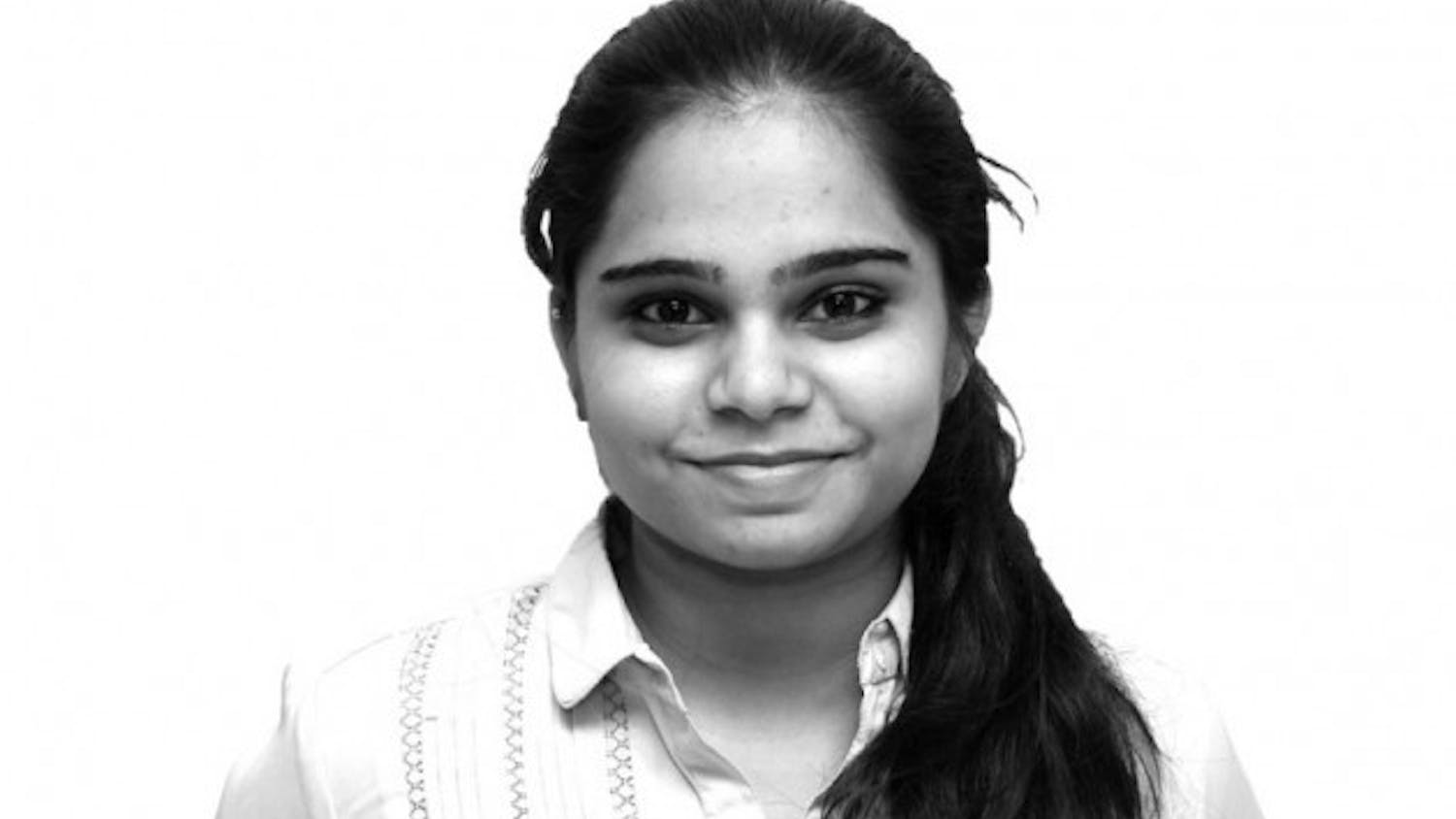On March 6, 2011, 15 boys between ages of 10 and 15 were on their way home from school when they found a partially collapsed wall in the southern city of Deraa, Syria.
The boys decided to paint the words "As-Shaab/ Yoreed/ Eskaat elnizam!" on the wall, which translates to "The people want to topple the regime!" It was a popular saying they saw on television news reports from Cairo and Tunis.
Soon after, the children were arrested under the control of General Atef Najeeb, a cousin of the Syrian President Bashar al-Assaad.
Their fingernails were pulled. They were beaten and bloodied. Their faces were burned.
Their mistreatment led to the outrage from the community. Dr. Othman Shibley, an associate professor in the UB Dental School's Department of Periodontics and Endodontics, agrees with experts who believe this was a leading cause of the Syrian uprising.
In a lecture on Friday to about 40 students and faculty, Shibley gave the first of many speeches as part of UB's new student program "InFocus," which centers on student-oriented dialogues on popular topics in the news. The first discussion was about the Syrian conflict.
"The first thing [I want is] students to be educated," Shibley said. "I want them to go as a student and do their research and understand. And to stand on the right side of the history."
On Aug. 21, it was reported that the Syrian government released sarin gas in the city of Ghouta - an agricultural belt around the capital of Damascus - killing 1,400 people, including 426 children, according to Secretary of State John Kerry.
This sparked a national and international debate of whether the United States should seek military action against the Syrian government.
It also led to a lively conversation among those in the room.
"If you listen to just the mainstream media outlets every night, they will tell you, 'Oh, the Syrian opposition, they're all extremists, it's all Al-Qaeda.' They'll tell you it's the dictator versus the terrorist," said Robert Rondinaro, a junior biological sciences major. "And to hear someone else say, 'There are extremists, but it's not the majority of the opposition' - it's refreshing to get a more personal point of view."
Shibley went on to describe the situation in numbers. Since the beginning of Syria's civil war, there have been 125,000 casualties - 50 percent of which are women and children.
Although a solution to the international problem has not yet been decided, understanding the crisis in Syria is important, Shibley said.
"The cultural climate in Syria and the Middle East is so diversified and misunderstood and I feel that gets overlooked," said Phil Tucciarone, a senior chemical engineering major. "And that's where you get these larger differences where there are extremist factions with the opposition. That's why it's almost a civil war as opposed to a revolution."
The InFocus program is part of Transcending Borders UB, a program that aims to bring together U.S. and international students and will feature topical news each month.
Program organizer Chris Bragdon, an international student adviser and coordinator for Student Engagement and International Student and Scholar Services, hopes the program will allow UB to "integrate international students of domestic sorts."
"This is exactly the type of debate that I wanted," Bragdon said. "You had very strong opinions but it wasn't just opinion 'A' or opinion 'B,' each opinion had [its own] opinions and [Shibley] was helping to facilitate that."
October's InFocus topic will be Gender Roles. A date has not been set.
Email: news@ubspectrum.com





